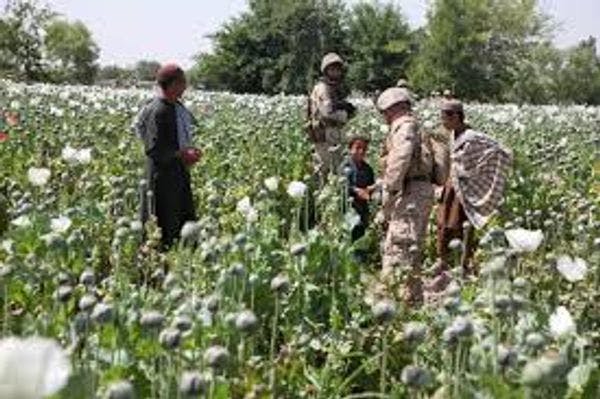Breaking bad in the Middle East and North Africa: Drugs, militants, and human rights
By Vanda Felbab-Brown, Harold Trinkunas and Sultan Barakat
This April, the U.N. General Assembly will meet for a Special Session on the World Drug Problem. After decades of conformity with a hardline “war on drugs” formerly promoted by the United States, there is increasing dissensus within the international community about how to best address the costs and harms posed by drugs. For years, some European countries have quietly diverged from policies based on aggressive suppression of drug production and the criminalization of users. More recently, some key Latin American states have openly challenged the global counternarcotics regime and called for reforms.
Yet the Middle East and North Africa (MENA) states still cling to hardline drug policies, an approach that is also supported by Russia and many Asian countries.
On March 7 in Doha, we met with police and military officials, NGO representatives, and academics from across the Middle East to discuss the rising drug challenges in the region and the increasingly contested global regime. We found the Middle East and North Africa are grappling with intensifying drug problem—increased use, spread of drug-related communicable diseases, and widening linkages between drug production and smuggling and violent conflict and terrorism. And there is a growing sense that the repressive policies against illicit drugs long-applied in the region have not been effective in counteracting these negative trends.
Click here to read the full article.
Keep up-to-date with drug policy developments by subscribing to the IDPC Monthly Alert.
Thumbnail: Wikipedia
